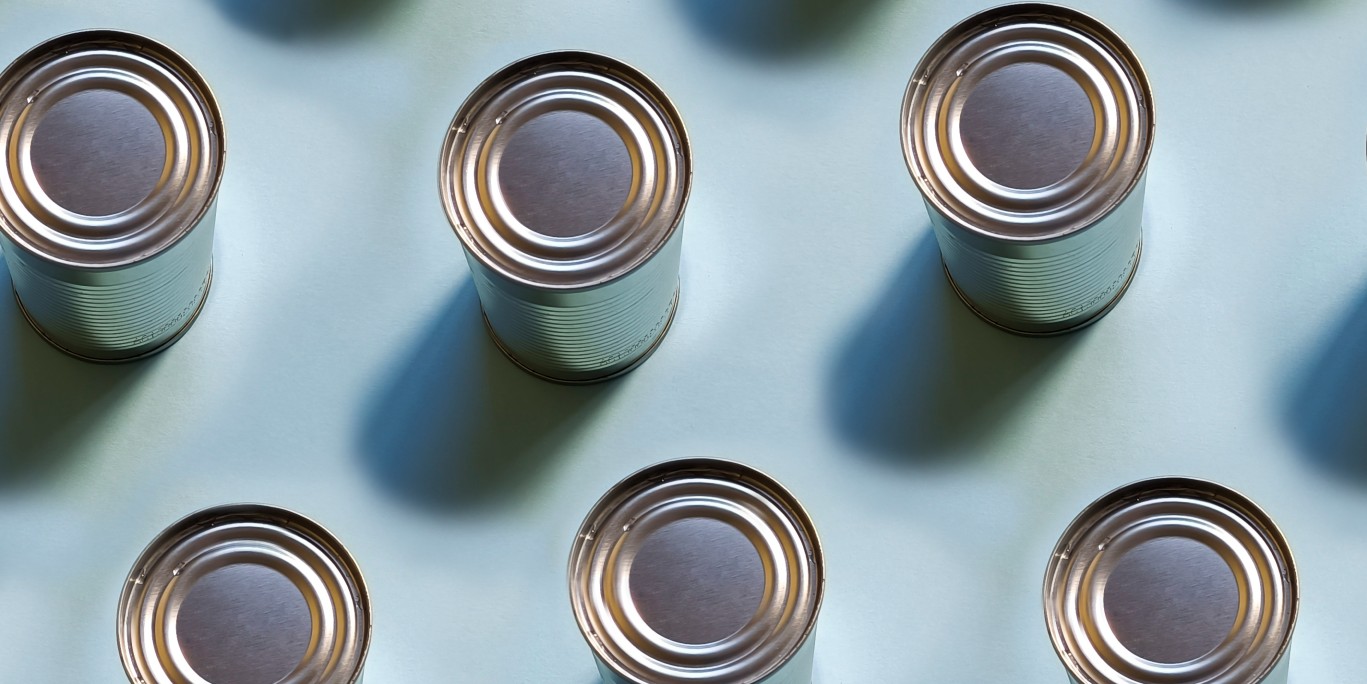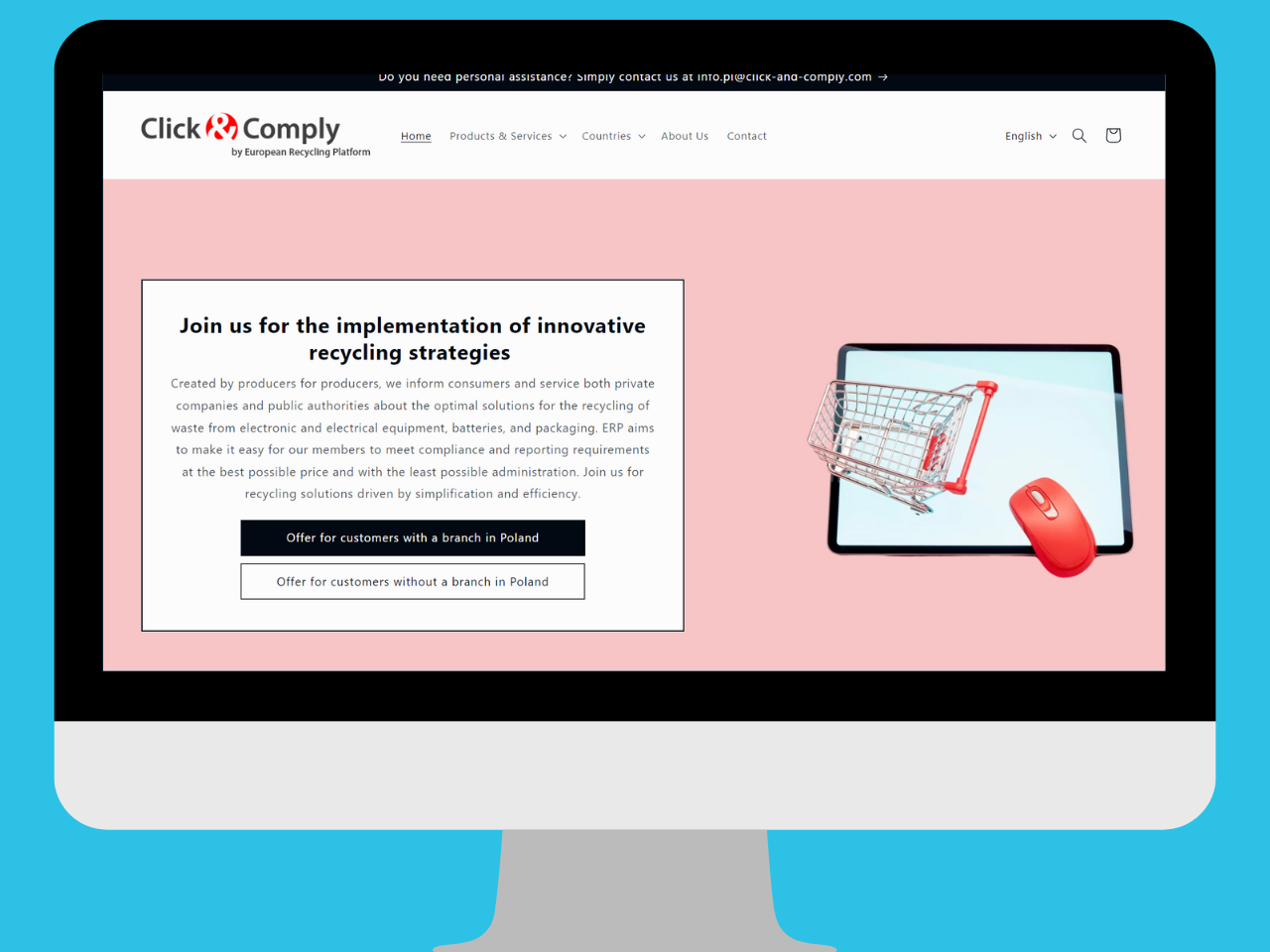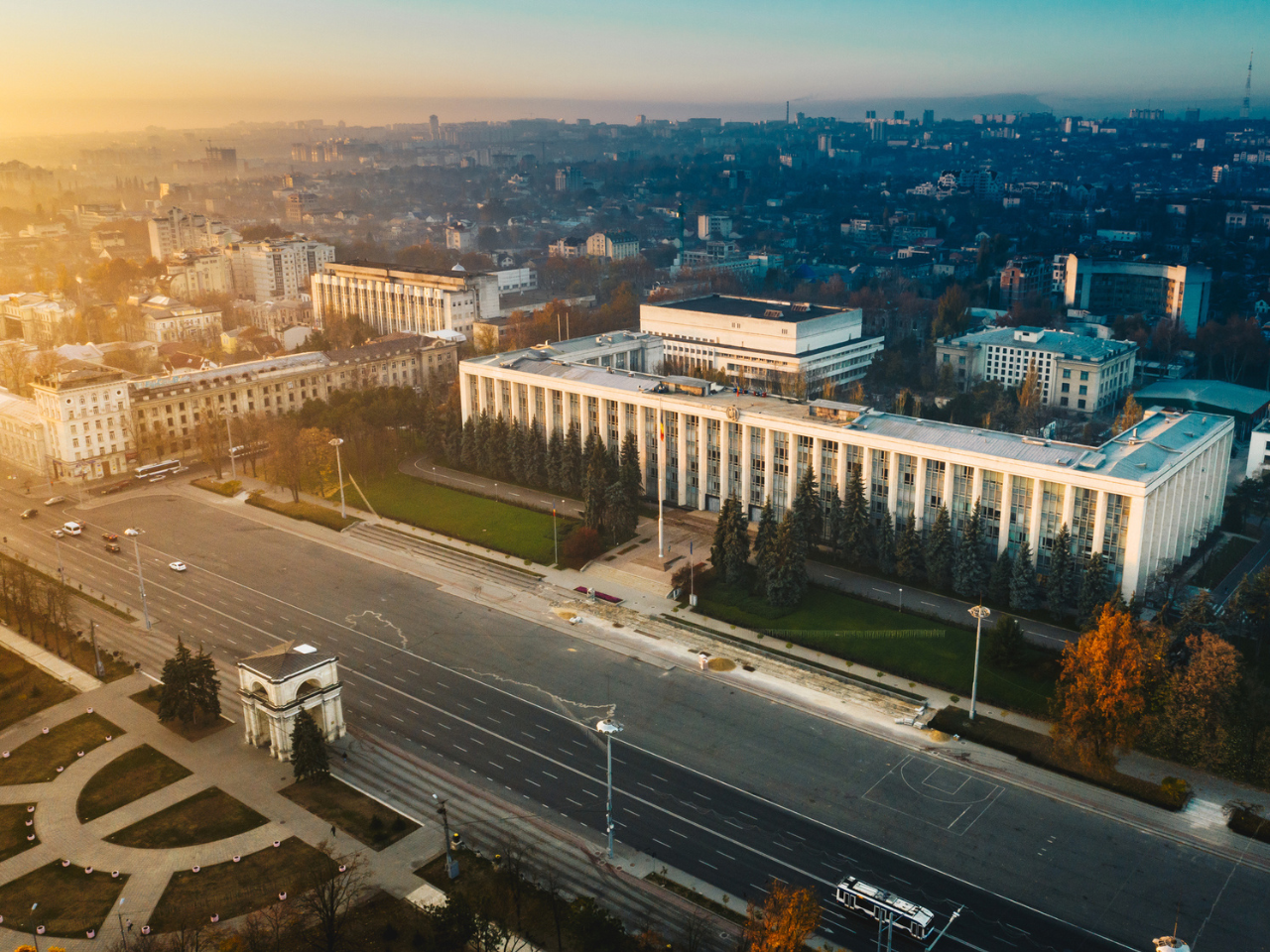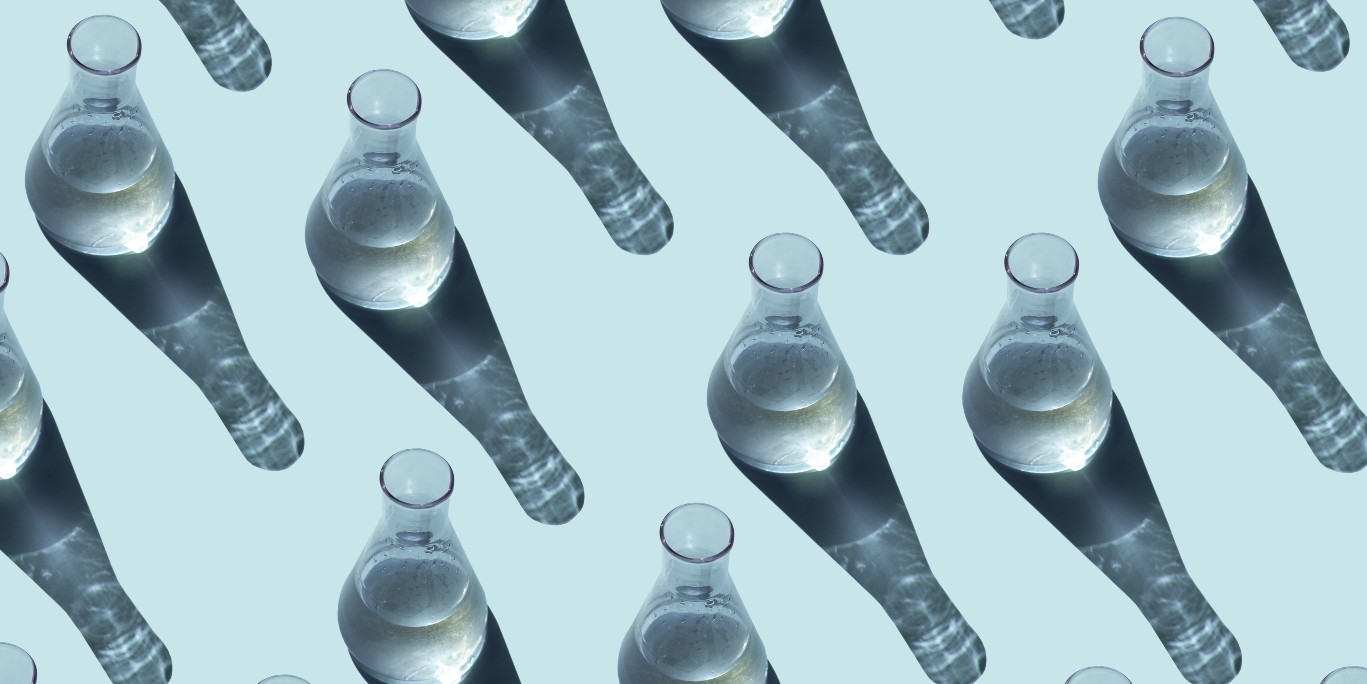What changes could have the biggest impact? Read our selection for September 2024:
Textiles: new EU study
Plastics: UNEP publishes draft global treaty
Textiles: new EU study
The European Parliamentary Research Service (EPRS) has conducted a study to identify data gaps across the textile industry’s supply and value chain. Collecting, owning, sharing and using data currently poses several challenges for the textile industry – and the wider circular economy.
The study covers the entire textile life cycle, from fibre to end-of-life, and identifies the following data gaps during various product stages:
- product-related (technical lifetime of a product, durability, content, chemicals used in dyeing/finishing)
- logistics (transport data, freight transport emissions, social impacts of freight transport)
- use phase (wastewater from washing or actual use time)
- system (input/output gap for energy, waste, chemicals, and materials), and
- waste (reuse, landfill and export)
Obtaining this data is challenging for designers, waste and fibre recyclers, manufacturers and consumers, creating barriers to transparency, reliability and traceability.
However, this data is essential for making sustainable purchasing decisions throughout the value chain.
To fill the data gaps, the study identifies several hardware and software solutions that can help drive the transformation towards a sustainable sector.
In particular, it highlights open data sharing between all actors in the ecosystem, which can also create new circular business models.
The study also promotes globally harmonised measures and standards to accurately assess the impact of textile products, which can create a level playing field for both EU and non-EU products.
Plastics: UNEP publishes draft global treaty
On 1 July, the United Nations Environment Programme (UNEP) released a compilation of the draft text of the international legally binding instrument on plastic pollution, including in the marine environment.
The document reflects and combines the various proposals and revisions made during the negotiation process. It does not contain new language, but rather provides drafting changes to existing proposals and revisions.
The text still calls on UN Member States to encourage and support the establishment of EPR systems for plastics.
The United States has signaled a policy shift and will now support the global treaty.
The text will be discussed during the potentially final round of negotiations in Busan, Republic of Korea, from 25 November to 1 December.
The meeting will be preceded by regional consultations on 24 November. If an agreement is reached, the treaty is expected to be adopted for signature in mid-2025.
Last year, Landbell Group company, Landbell AG, joined the Business Coalition for a Global Plastics Treaty.
Landbell AG was the first producer responsibility organisation (PRO) to join the Coalition, which aims to support an ambitious and effective treaty.
Sign up for our monthly
report COMPASS here:
Your email












